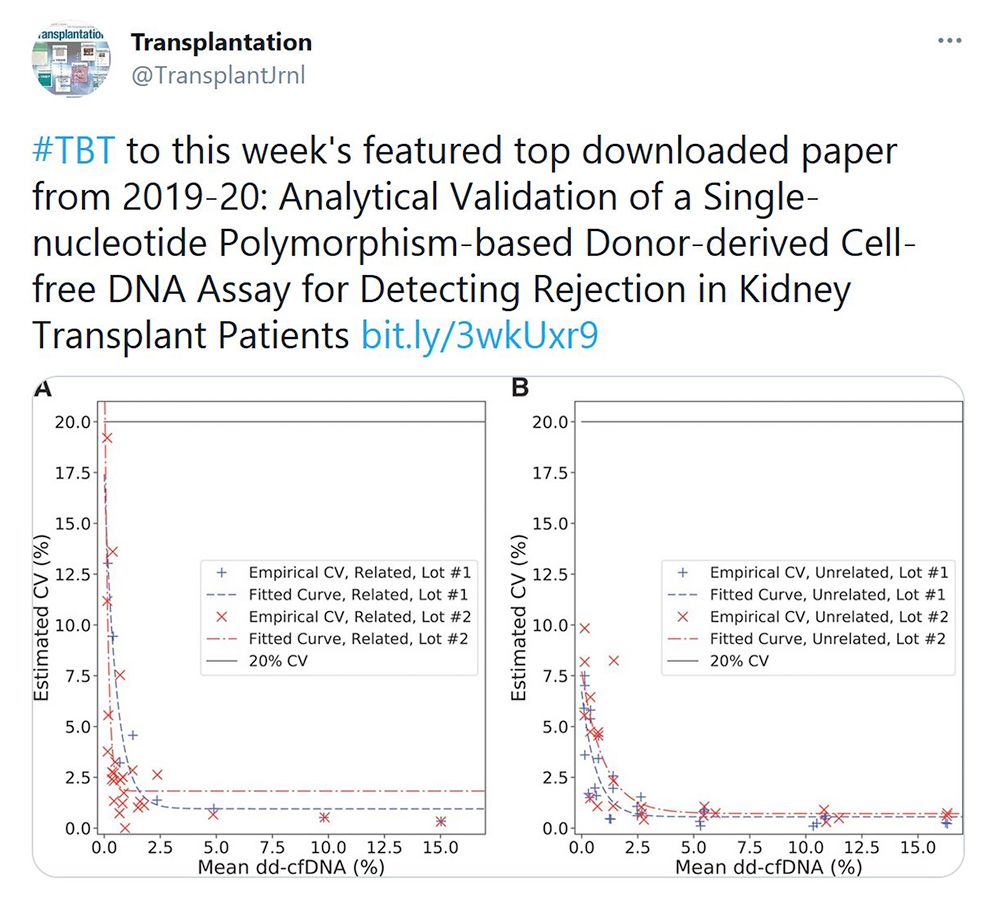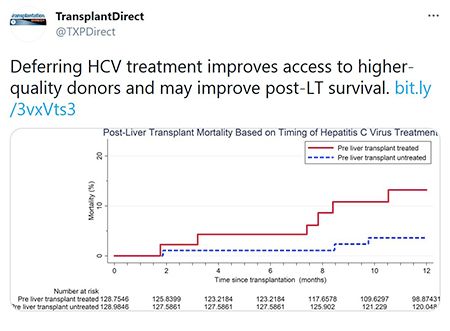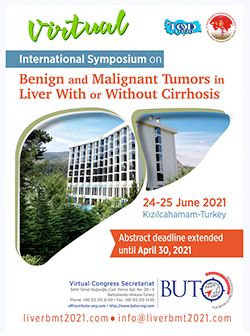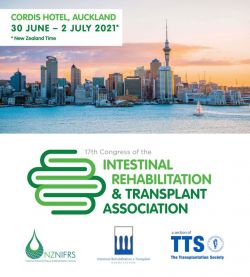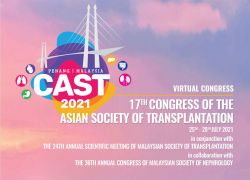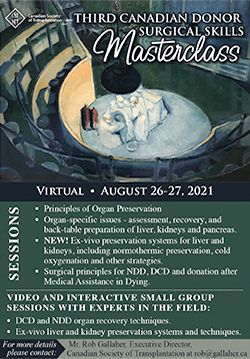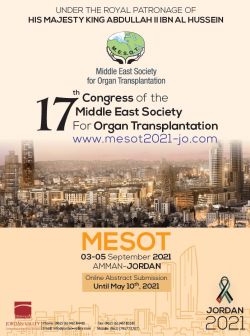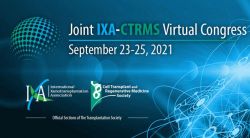
Transplantation Direct June 2021 Issue
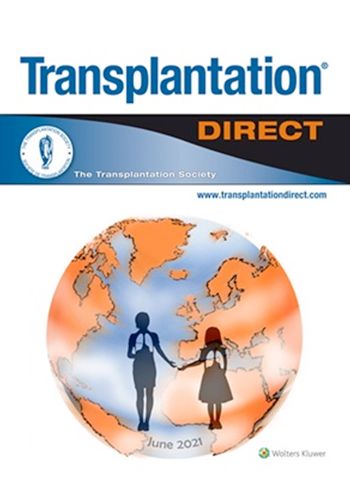
JUST RELEASED - TRANSPLANTATION DIRECT - JUNE ISSUE
The June issue of Transplantation Direct is available online. The issue starts out with a review on the impact frailty is currently having on outcomes in kidney transplantation. Also in kidney transplantation, studies examine the potential effects steroid withdrawal has on therapeutic tacrolimus levels, and look at the effects transplant biopsy itself has on donor-derived cell-free DNA measurements. In liver transplantation, a case is presented which alerts transplant clinicians about potential organ perfusion anaphylaxis caused by machine perfusion with epoprostenol, and in experimental lung transplantation (cynomolgus macaques), there is an interesting report on lack of immunological tolerance using a modern mixed-chimerism protocol that was reportedly effective for kidney transplants. Another investigation looks at whether IVIG treatment can affect screening for donor-specific antibodies in patients. On the topic of organ donation, the experimental effects of donor age (in rats) in the DCD setting on ischemic heart damage are tested; there are also reports on a case of multi-organ donation after liquid nicotine intoxication, and on a pilot program aimed to optimize overweight/steatotic donors for living liver donation. Related to infectious diseases impacting transplantation, an evaluation of SRTR data in the U.S. provides interesting data on the geographic distribution of CMV risk. For complete details on these articles, and more, please visit our open access Transplantation Direct website.
Starting June 14, Join us for the TTS Masterclass Series
IPITA 2021 Virtual Congress - Abstract Deadline

Key facts you should know:
- Abstracts will be accepted as either an oral or an e-poster presentation.
- E-posters will include a 1-minute pitch video showcased in the virtual e-poster lounge.
- By submitting an abstract, you will have the opportunity to win one of the IPITA 2021 Congress Awards!
- We are planning a “Best Poster Showdown” session during which presenters of abstracts shortlisted for an award will have the opportunity to interact live with the audience and compete for the “Best Poster Abstract Award”. A total of three “Best Poster Abstract Awards” will be bestowed, one for each of the main congress themes (Pancreas Transplant; Islet Transplant; Stem Cell and Regenerative Medicine).
- This year we also welcome abstracts under the topic of “COVID, Pancreas and Islet Transplantation and Diabetes”. Top-rated abstracts under this category will be presented during the pre-congress COVID-19 workshop.
- Accepted abstracts will be published in an online supplement of the Transplantation Journal (subject to author approval).
Contact
Address
The Transplantation Society
International Headquarters
740 Notre-Dame Ouest
Suite 1245
Montréal, QC, H3C 3X6
Canada
Используйте Вавада казино для игры с бонусом — активируйте промокод и начните выигрывать уже сегодня!



